Things to Know About Dengue - Symptoms, Causes, Treatment & Prevention

To give a brief idea, this particular fever is a mosquito-borne infection that typically drives the patients to suffer from a severe flu-like illness. It is essential to mention that dengue fever is also favoured by "break bone fever." according to medical experts; dengue fever is caused by four virus variants and is carried around by Aedes mosquitoes.
Speaking about the symptoms, they typically range from mild to severe. When it comes to the painful symptoms, they often include dengue haemorrhagic fever (DHF) and dengue shock syndrome (DSS). Although medical experts are in deep research to find an efficient vaccine for Dengue fever, it is noteworthy mentioning that treatment is possible- only if the clinical diagnosis is accurate and completed before the patient develops either DHF or DSS. The
Dengue Symptoms
It's essential to mention that dengue fever symptoms typically vary depending on the severity of the disease.
Mild Dengue Fever
The symptoms for a mild dengue fever may essentially appear up to a whole week after getting the mosquito bite.
The symptoms include:
- Body rashes that appear inconsistently
- Aching joints and muscles
- High fever
- Pain in the eyes
- Intense headache
- Feeling Nauseous and vomiting
Dengue Haemorrhagic Fever
It is essential to mention that the initial symptoms of DHF are often mild. However, they worsen gradually with each passing day. Additionally, they may also have signs of internal bleeding.
The symptoms may include:
- Sweaty skin
- Bleeding in the gums, mouth, or nose
- Damage To Lymph And Blood Vessels
- Minimal number of blood platelets
- Internal Bleeding, leading to vomit and stool
- Sensitive stomach
- Weak pulse
- Visible blood spots under the skin
It's noteworthy mentioning that DHF can turn fatal if not treated carefully.
Dengue Shock Syndrome
Thirdly, much like the last name on this list, Dengue Shock Syndrome is another severe form of Dengue. While you may face a mild dengue fever, the symptoms will essentially include:
- Perplexity
- Chronic stomach pain
- Unexpected hypotension
- Heavy bleeding
- Blood vessels dripping fluid
- Regular vomiting
It's noteworthy mentioning that this form of dengue fever can turn fatal if not treated carefully.
Causes of Dengue
Suppose you are reading about dengue fever for the first time. In that case, you must realise that there are essentially four variants of dengue viruses (DENV) that are responsible in principle for causing dengue fever.
Although it is openly known that the virus is carried by mosquitoes worldwide, it is noteworthy to mention that the virus is only transmitted to a human by only an infected dengue mosquito in the first place. Moreover, it's always possible to have dengue fever for the second time in life. And it's the second infection that poses a more significant threat of developing a harsher form.
Dengue Fever Treatment
As per the medical experts from around the world, it's essential mentioning that the treatment of Dengue is yet to be found. This is essential since Dengue is a virus that cannot be eliminated but only is avoided or contained.
If the patient is suffering from milder forms of dengue fever, the treatment may include:
Preventing Dehydration
Under most circumstances, if an individual is suffering from high fever and vomiting, it can take a toll on the body, thereby dehydrating the body. Hence the patient is get rehydrated as soon as possible, ideally bottled rather than tap water. The rehydration salts can contribute to replacing minerals and fluids.
Painkillers, such as Tylenol or Paracetamol
Taking painkillers can provide a temporary respite from the side effects of dengue fever. It is essential to mention that medical professionals and experts don't prescribe non-steroidal anti-inflammatory drugs (NSAIDs), such as aspirin or ibuprofen, for treating dengue fever. This is essential since they can further the risk of internal bleeding.
However, the intense and severe forms of dengue fever will typically require:
- Intravenous (IV) fluid supplementation, especially if the patient is no longer receiving fluids by mouth
- Blood transfusion if the patient is suffering from severe dehydration
Ideally, the patient should be hospitalised for constant monitoring. This will allow for immediate treatment if the symptoms get worse.
Prevention
As mentioned already, there is next to no effective vaccine that can prevent dengue fever. Hence the next best option is to avoid getting mosquito bites. If you live or travel to a high-risk area, you may use the following ways to avoid being bitten.
- Clothing: you could try covering yourself with long-sleeved shirts, long pants, socks, tucking pant legs into shoes or socks, and wearing a hat. This will help you to leave a minimal amount of skin exposed to the mosquitoes.
- Mosquito Repellents: You must carry efficient mosquito repellents that essentially contain at least a 10 percent diethyltoluamide (DEET) for longer exposure lengths.
- Mosquito Traps and Nets: While regular nets may provide somewhat assistance, your best choice would be insecticide-treated nets. This will prevent the mosquitoes from biting you through the tangles.
- Door and Window Screens: You must invest in structural barriers, such as netting or screens. This is essential since they can keep mosquitos out to keep you protected.
- Timing: Finally, you must make a habit of not stepping out in the open during dawn, dusk, and early evening.
Diagnosis
In the end, it is only essential to mention that the many signs and symptoms of dengue fever share similarities with other diseases. These diseases include malaria and typhoid fever. Your best choice for treatment would be to visit the doctor.
The medical expert will also request you to do some tests to confirm their diagnosis and help their assessment of your symptoms.
Disclaimer: The information on this website should not be used as a substitute for professional medical care or advice. Contact a health expert if you have questions about your health.




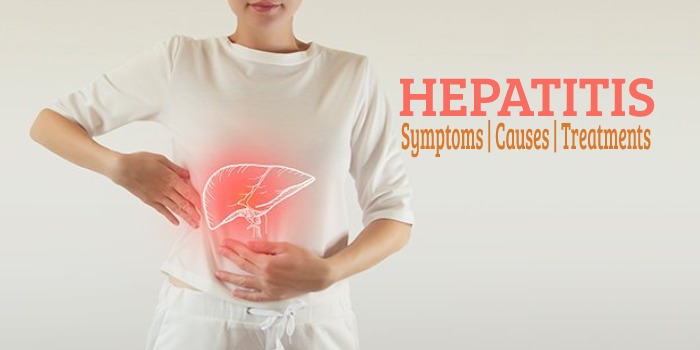
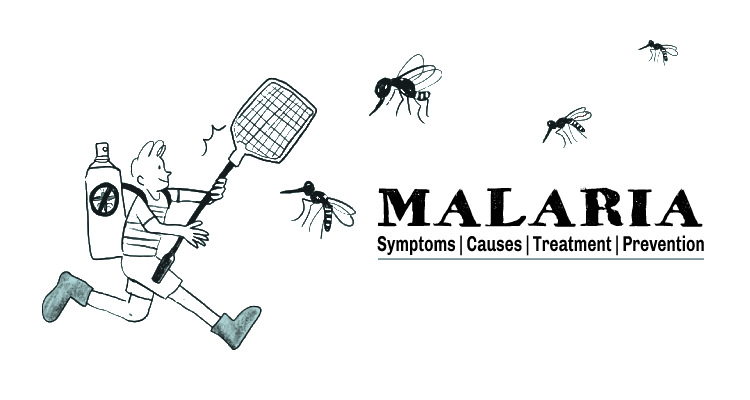

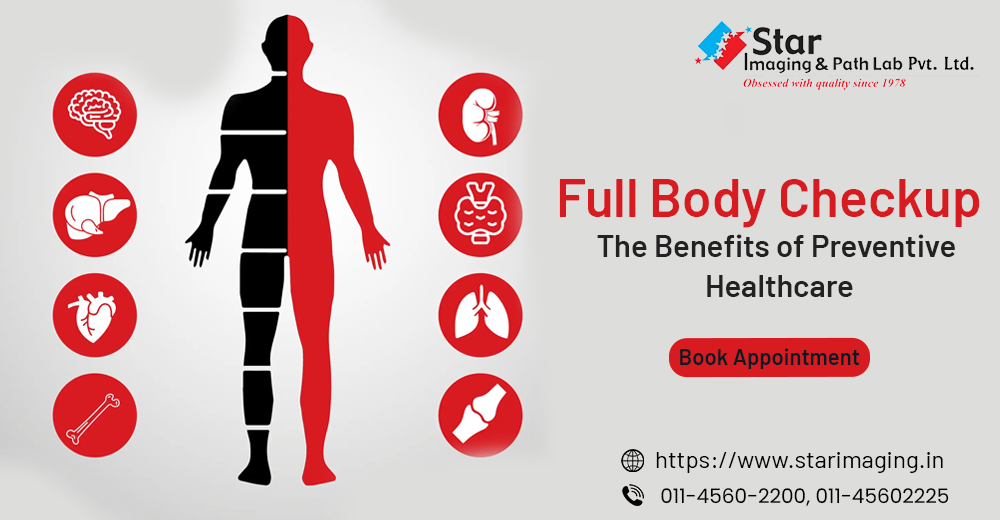
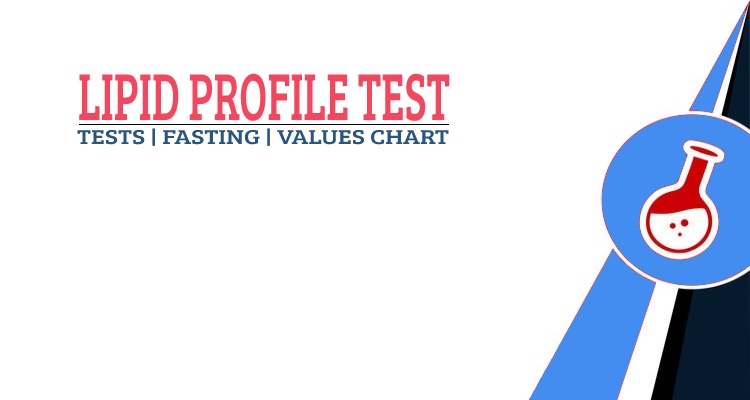
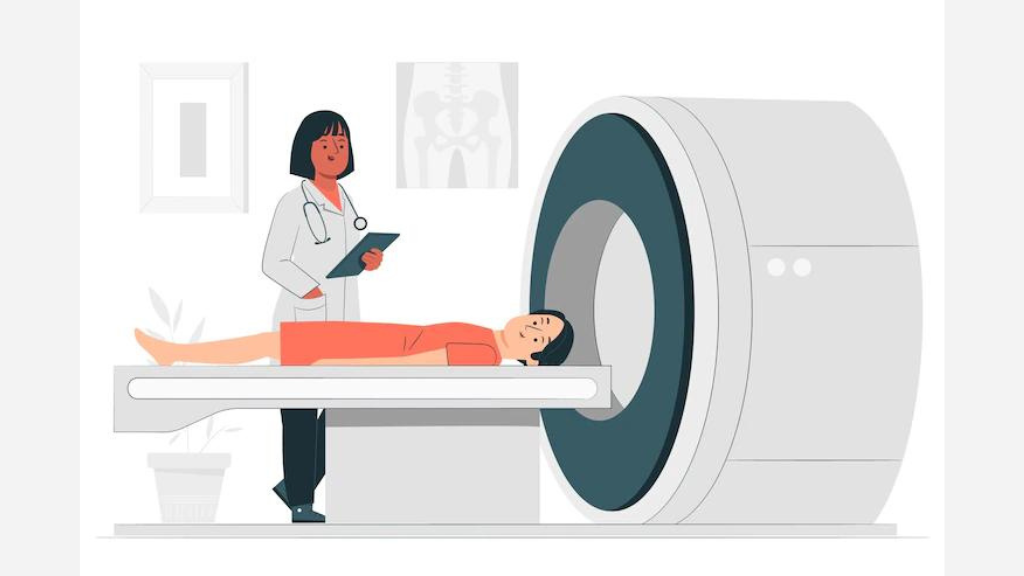


-Star.jpg)
Comments List